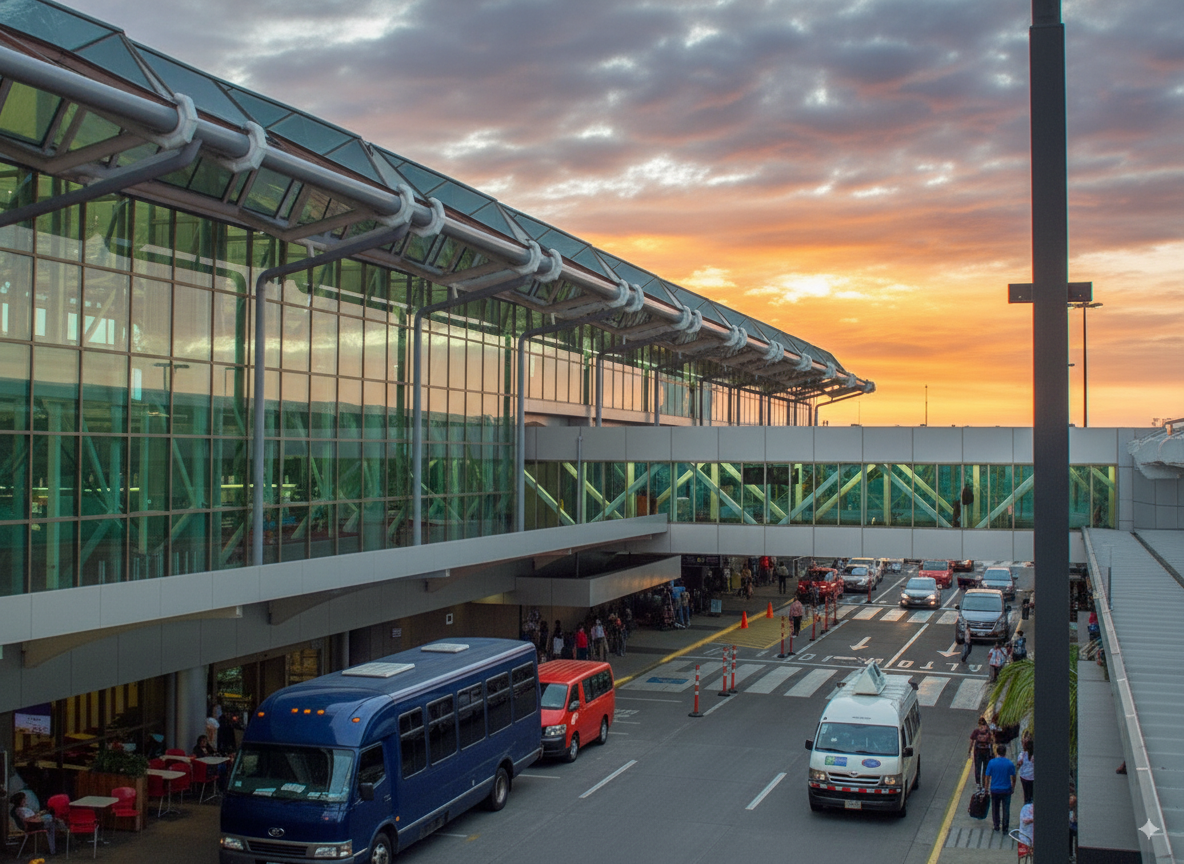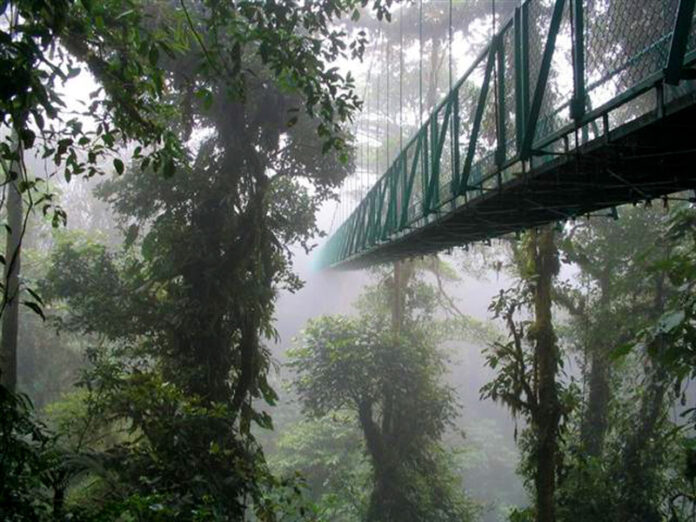
Monteverde
Cloud Forest Paradise
About this Tour
Explore the mystical cloud forest where biodiversity thrives in perpetual mist. Home to the resplendent quetzal, hundreds of bird species, and the longest ziplines in Costa Rica.
Monteverde's cloud forest is a rare ecosystem found in only 1% of the world's woodlands. Located at 1,440 meters (4,700 feet) above sea level in the Tilarán mountain range, this misty paradise is home to an incredible concentration of biodiversity. The constant cloud cover creates a unique environment where moss-covered trees, hanging vines, and hundreds of orchid species thrive.
During our tour, you'll explore well-maintained trails through the cloud forest, walk across spectacular hanging bridges at canopy level, and have the chance to spot the magnificent quetzal bird. Monteverde offers the perfect combination of accessible adventure and extraordinary wildlife viewing in one of Costa Rica's most unique ecosystems.
Tour Gallery

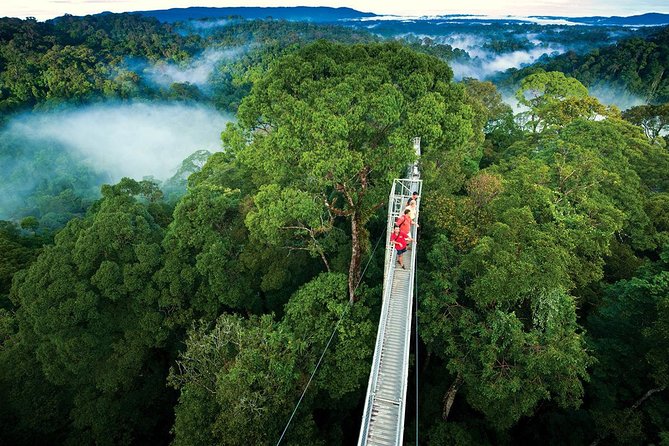
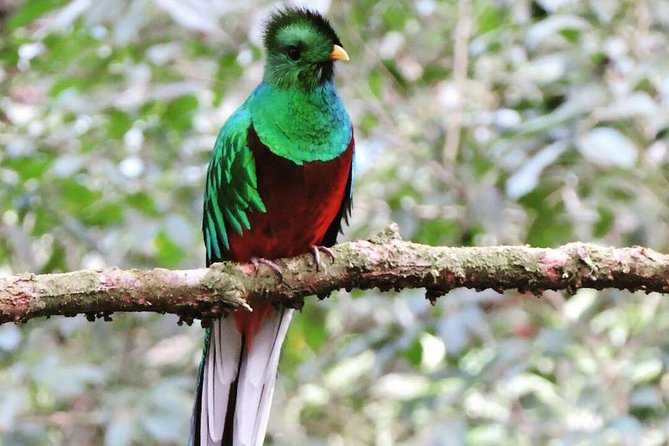
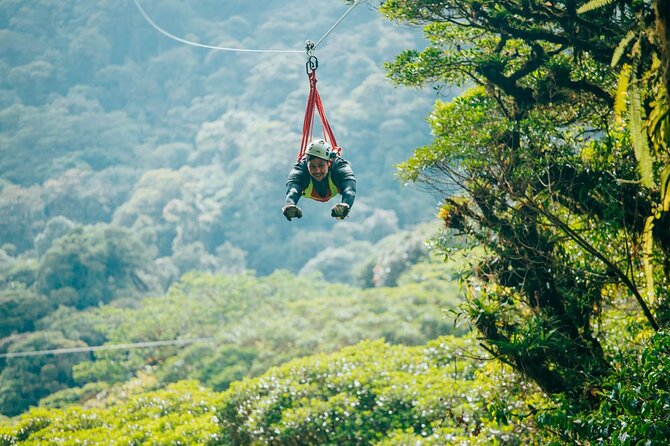
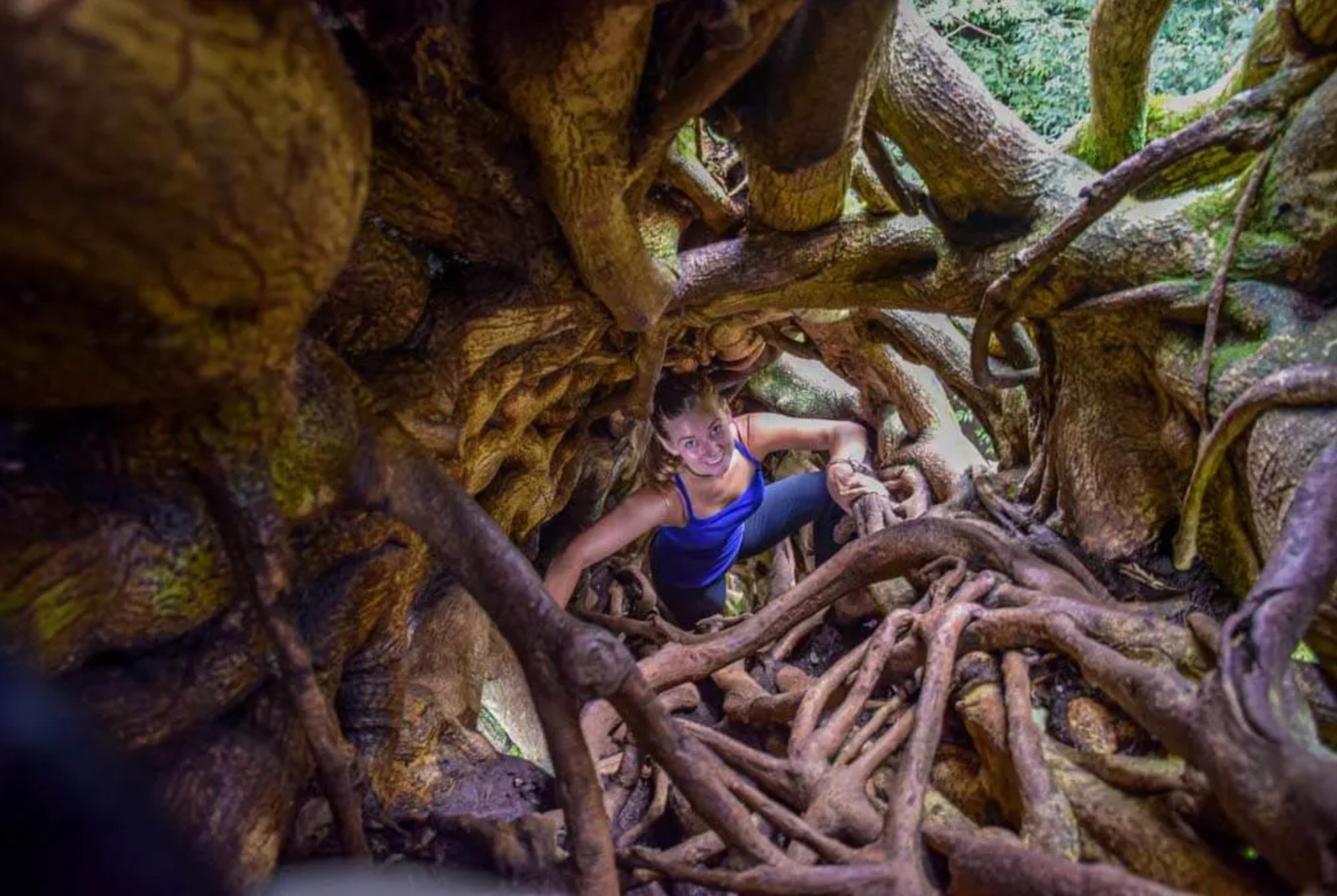
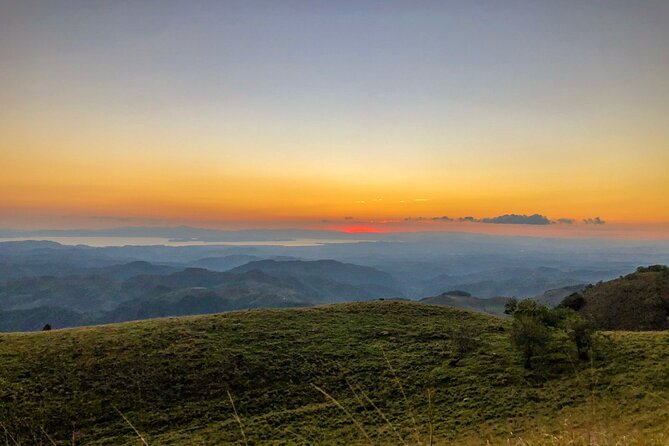
Tour Highlights
Detailed Itinerary
Hotel pick-up
6:00 AMEarly departure from San José via the scenic mountain route (2.5-hour drive)
Arrival in Monteverde
8:30 AMWelcome coffee at a local café with mountain views
Cloud Forest Reserve
9:00 AMGuided hike through mystical cloud forest trails, wildlife observation
Hanging Bridges
11:30 AMWalk across suspension bridges for canopy-level views
Lunch
1:00 PMTraditional 'casado' lunch at a local family restaurant
Hummingbird Gallery
2:30 PMObserve dozens of hummingbird species up close
Optional Activities
3:30 PMChoose between coffee tour, butterfly gardens, or free time in Santa Elena
Return
5:00 PMJourney back to San José with sunset views (arrival approx. 7:30 PM)
What to Bring
Wildlife You'll See

Resplendent Quetzal
The jewel of the cloud forest with iridescent green and red plumage

Hanging Bridges
Experience the cloud forest from the treetops
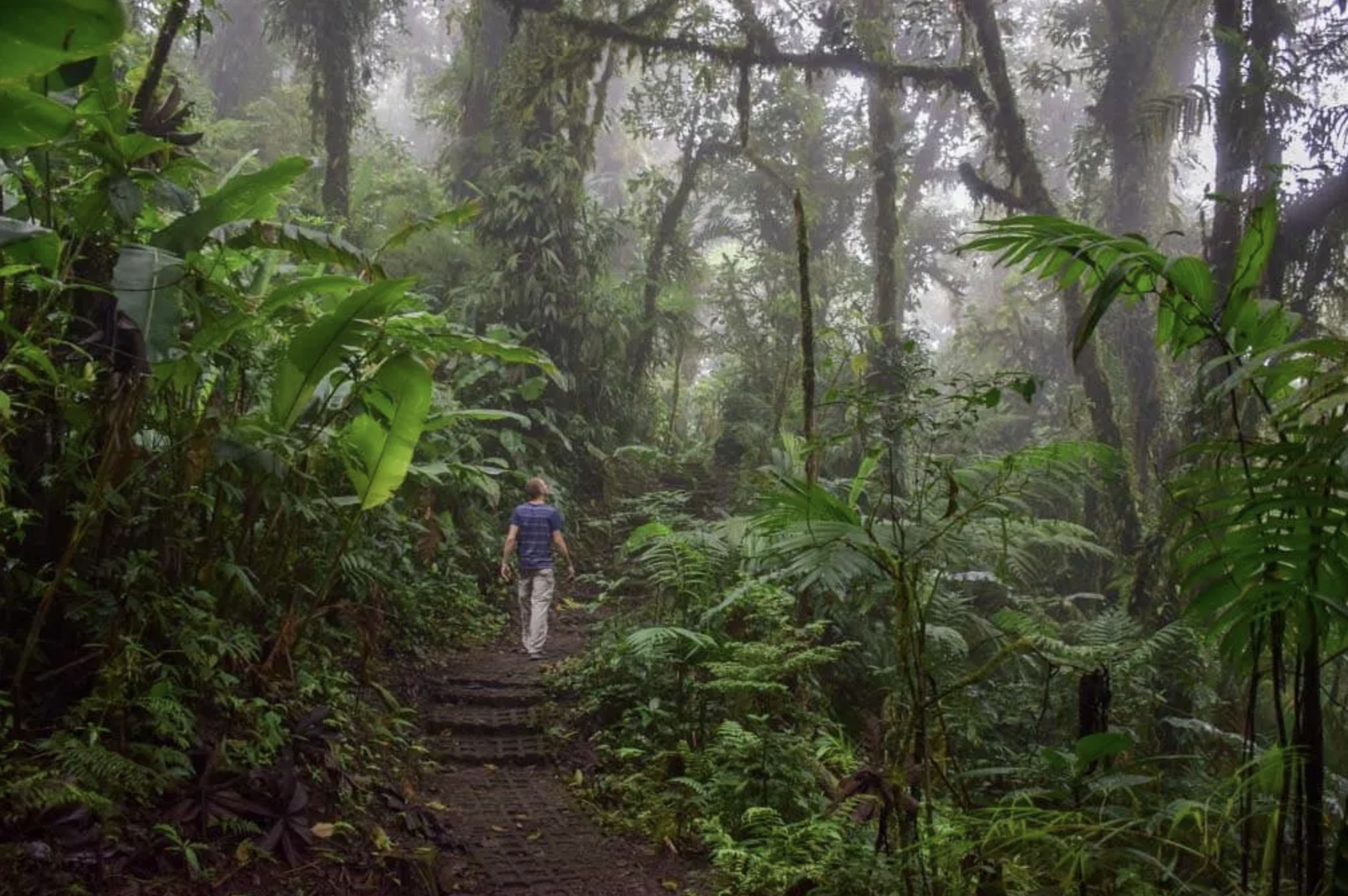
Cloud Forest Wildlife
Sloths, howler monkeys, coatis, and hundreds of other species
Cloud Forest Ecosystem
Unique Climate
- Elevation: 1,440m (4,700ft)
- 100% humidity year-round
- Temperature: 12-24°C
- 5m annual rainfall
- Cloud immersion daily
Biodiversity Stats
- 2,500+ plant species
- 400+ bird species
- 100+ mammals
- 120+ reptile/amphibian
- 500+ butterfly species
The Resplendent Quetzal
The resplendent quetzal, sacred to the Maya and Aztec civilizations, finds its perfect habitat in Monteverde's cloud forest.
Quetzal Facts:
- Male tail: up to 65cm long
- Diet: Wild avocados primarily
- Nesting: In dead trees
- Best viewing: Feb-July
- Morning activity peak
Other Notable Birds:
- Three-wattled bellbird
- 30+ hummingbird species
- Emerald toucanet
- Black guan
- Orange-bellied trogon
Conservation Success Story
Community Conservation
Monteverde is a model for community-led conservation, started by Quaker settlers in the 1950s:
- 1972: Monteverde Cloud Forest Reserve established
- 10,500 hectares: Protected in the reserve
- 28,000 hectares: Total protected area including adjacent reserves
- 90,000 visitors/year: Sustainable tourism supports conservation
- 100% renewable energy: Community commitment to sustainability
Hanging Bridges Experience
Walk among the canopy on 8 bridges spanning 2.5km. The longest bridge extends 330m at 60m height. Safe for all ages with weight capacity of 80 people per bridge.
Weather & Clothing
Cloud forest = wet forest! Rain gear essential year-round. Layer clothing as temperature varies. Mornings coldest (12°C). Rubber boots available for rent at reserve.
Up to 48 hours before the tour
Includes:
- Private transportation with A/C
- Certified naturalist guide
- Entrance to Monteverde Cloud Forest Reserve
- Traditional Costa Rican lunch
- Observation equipment (binoculars, telescope)
- Tour operator insurance
- Hanging bridges experience
- Tour photographs
Does Not Include:
- Alcoholic beverages
- Tips
- Optional activities (zipline, night walk)
- Personal travel insurance
- Rain gear
Best Time to Go
All year round. Dry season (December-April) for clearer views. Green season (May-November) for lusher forest and better wildlife activity. February-July optimal for quetzal sightings.
